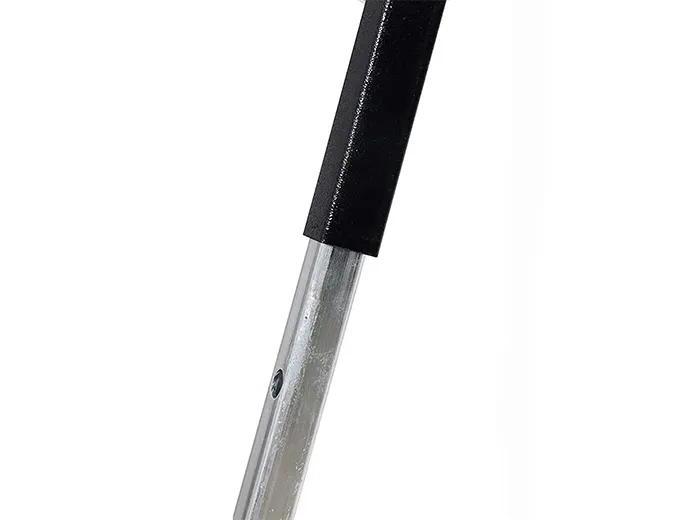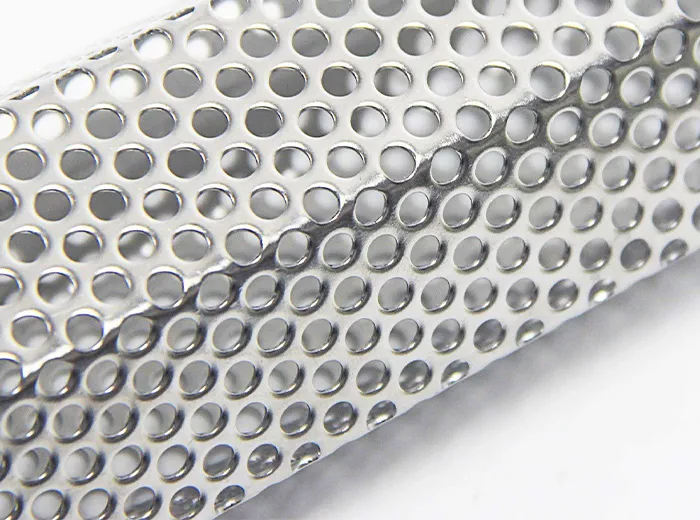Pharmaceutical intermediates are typically chemical compounds used in the conversion process from basic raw materials to the final active ingredients. These intermediates often undergo various chemical reactions, purification steps, and modifications before they can be used in the formulation of drugs. Manufacturers of these intermediates employ advanced technologies and processes to produce high-quality compounds that meet stringent regulatory standards.
While active ingredients are critical for a drug's efficacy, inactive ingredients—also known as excipients—play an equally important role. These substances do not have a therapeutic effect but are essential for the formulation, stability, and delivery of the active ingredient. Inactive ingredients can include binders, fillers, preservatives, colorants, and flavoring agents.
Eco-friendly plastic additives aim to give plastic products new life through chemical engineering innovation. For instance, Calcium Acetylacetonate stands out in PVC (polyvinyl chloride) plastics as a heat stabilizer and light stabilizer. It significantly enhances the thermal stability and aging resistance of plastic products. This not only extends the lifespan of plastic items but also maintains their original color and transparency, which is crucial for preserving the aesthetics and functionality of plastic products.







